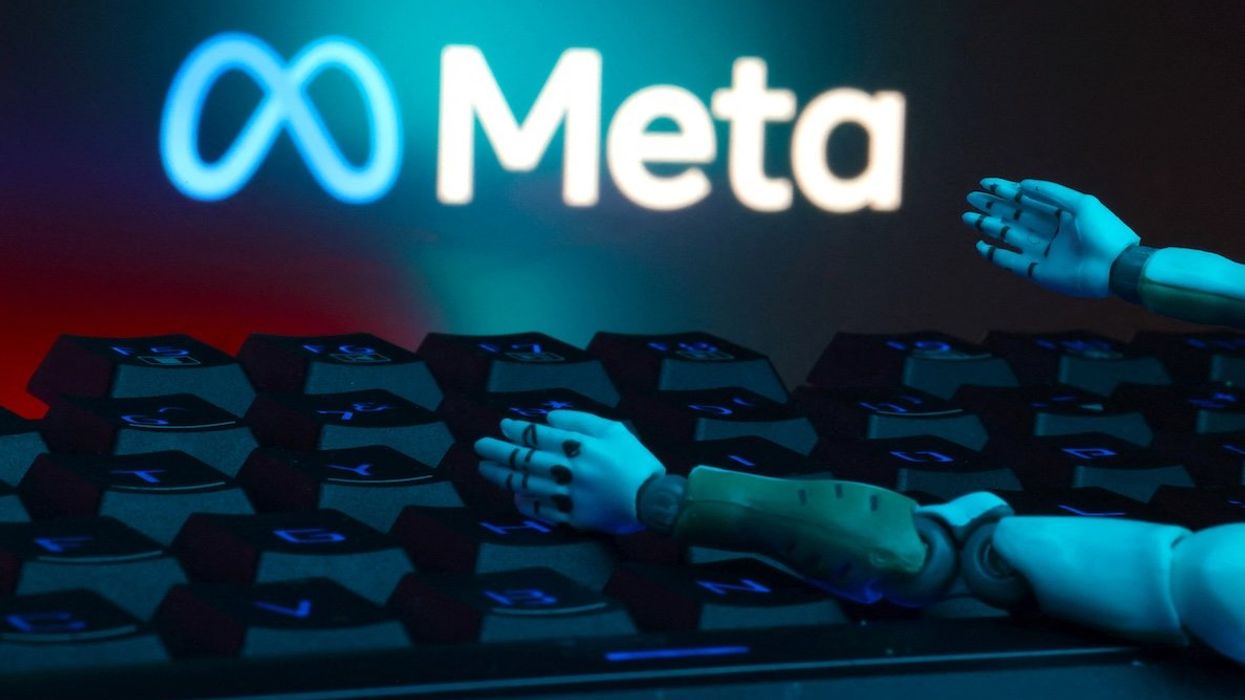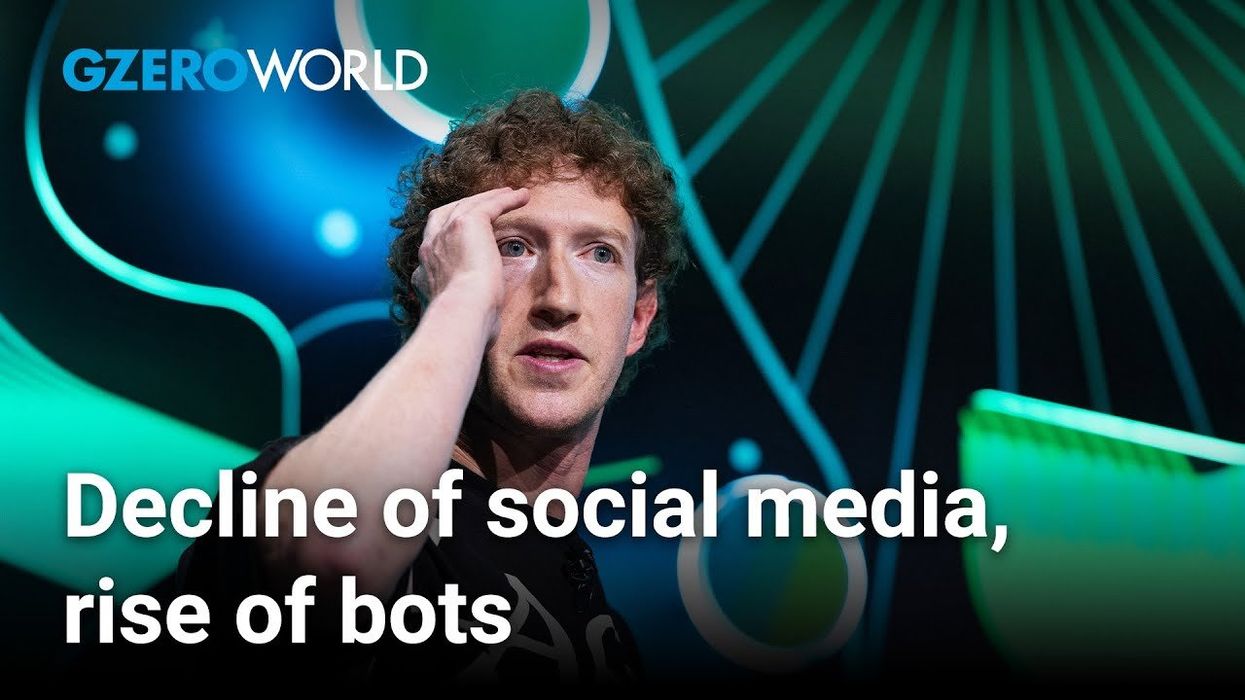Abu Dhabi Global AI Summit
Responsible AI for a digital world
How do we ensure AI is trustworthy in an era of rapid technological change? Baroness Joanna Shields, Executive Chair of the Responsible AI Future Foundation, says it starts with principles of responsible AI and a commitment to ethical development.
Nov 06, 2025










